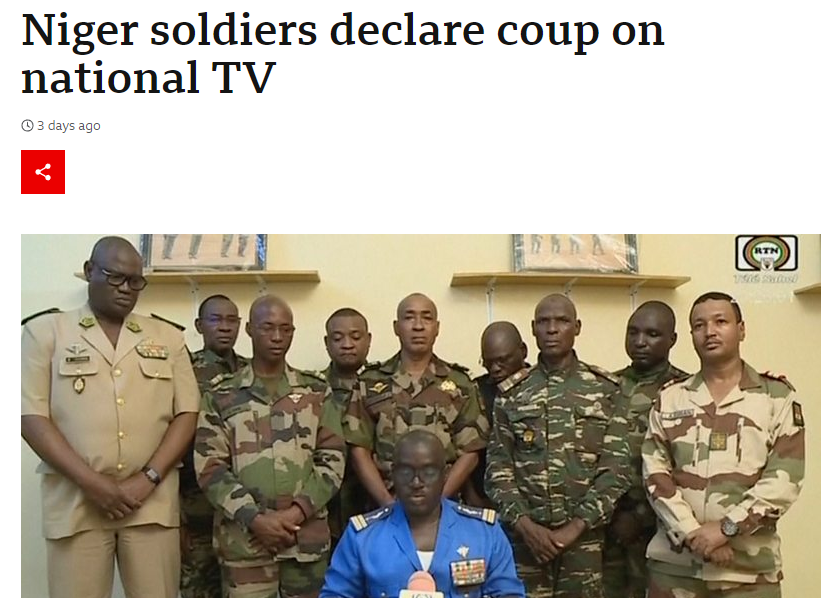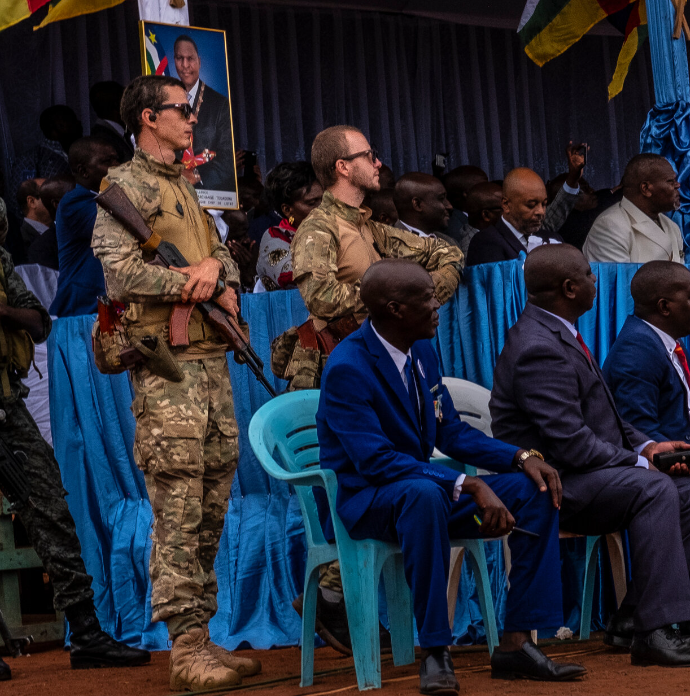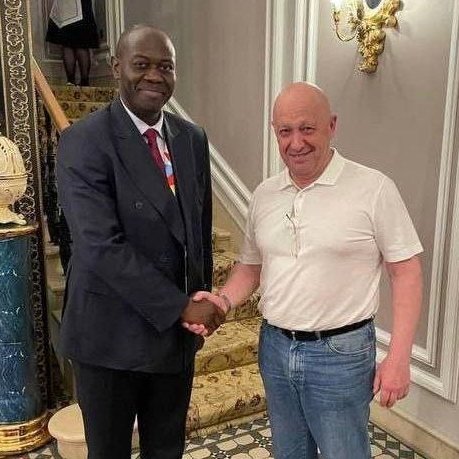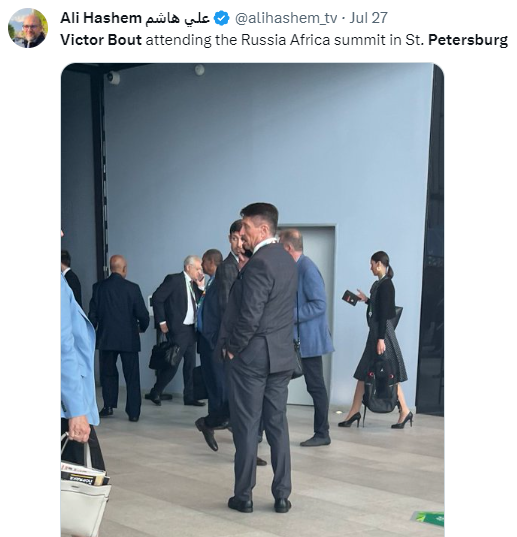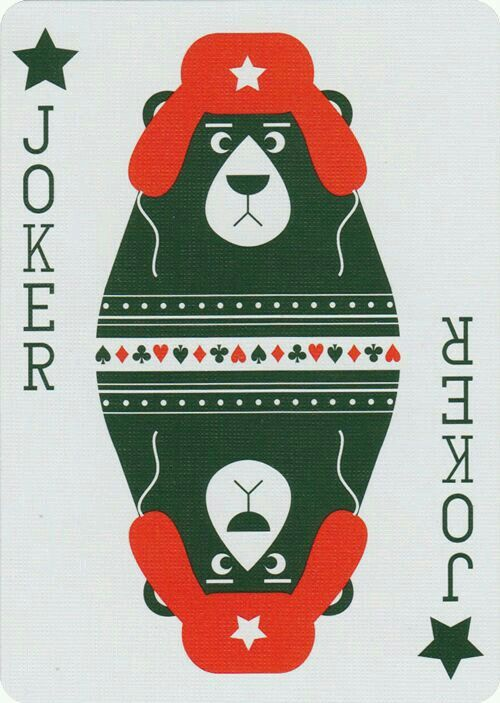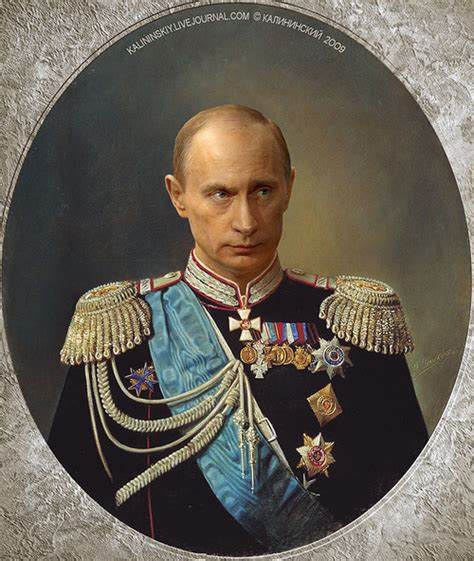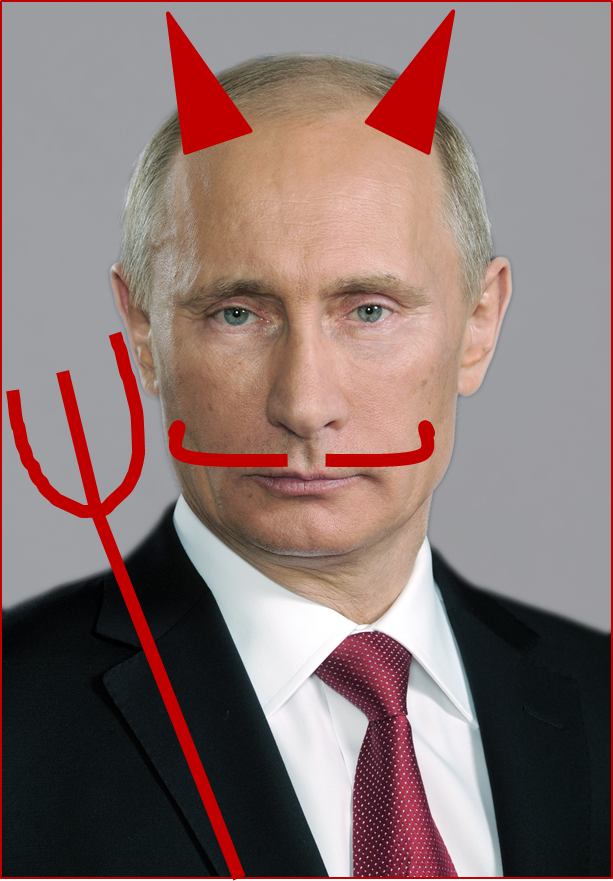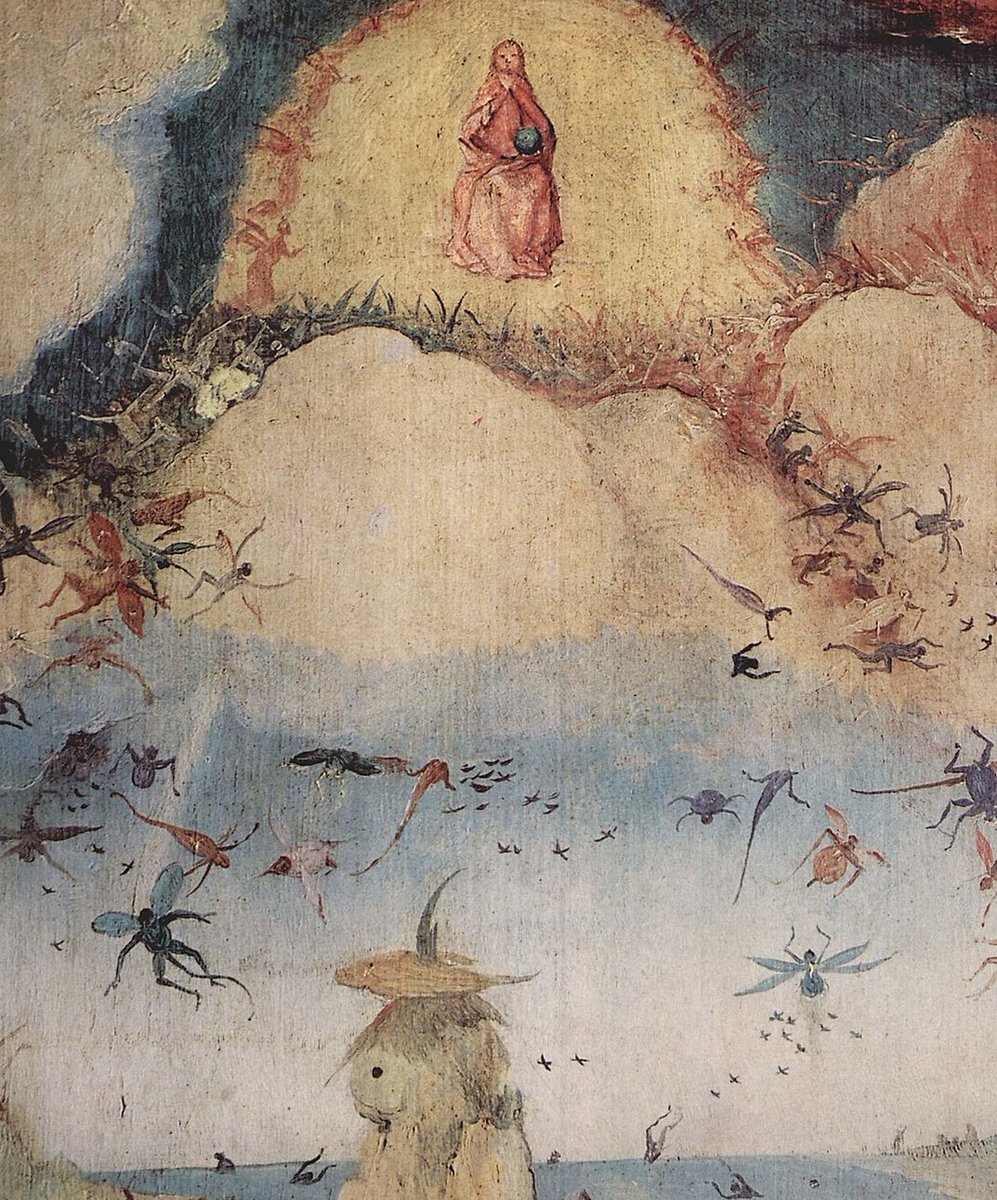@KerstenLahl Alleine die Vermischung der Begrifflichkeiten RF/Russland etc. deutet imho darauf, dass man versucht hat RF im Framework moderner Modelle zu sehen - und übersah, dass RF irgendwo vor 1900 als feudal/koloniales Imperium stehengeblieben ist. (Etkind) Die Lehre daraus müsste nun 2/
@KerstenLahl sein, dass man mit einer Revisionistischen Macht dieser Art nicht mit dem Ziel verhandeln kann einen persistenten Ausgleich zu finden. RF wird ein Settlement (siehe Minsk) nur Weg sehen den Gegner zu behindern um selbst weiter subkritisch zu eskalieren. Hinweis darauf scheint 3/
@KerstenLahl auch in der Entwicklung einer Europ. Polykrise durch RF zu liegen. Trotz interner und militärischer Probleme läuft dieses Projekt überraschend effizient und scheinbar entkoppelt vom Chaos.
Hier müssen wir dediziert einhegen, gerade in Hinblick auf den Informationskrieg. /end
Hier müssen wir dediziert einhegen, gerade in Hinblick auf den Informationskrieg. /end

• • •
Missing some Tweet in this thread? You can try to
force a refresh

 Read on Twitter
Read on Twitter

